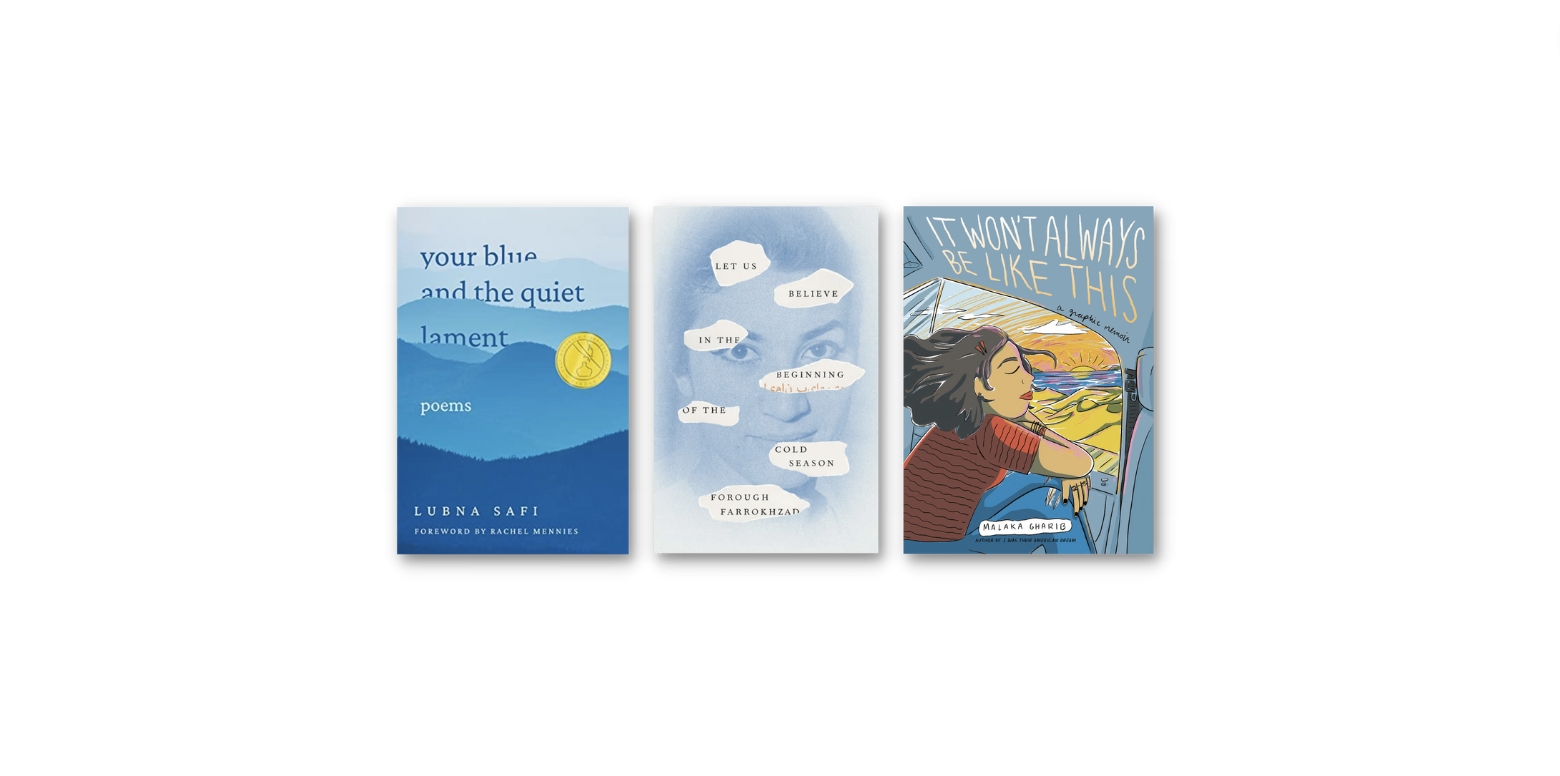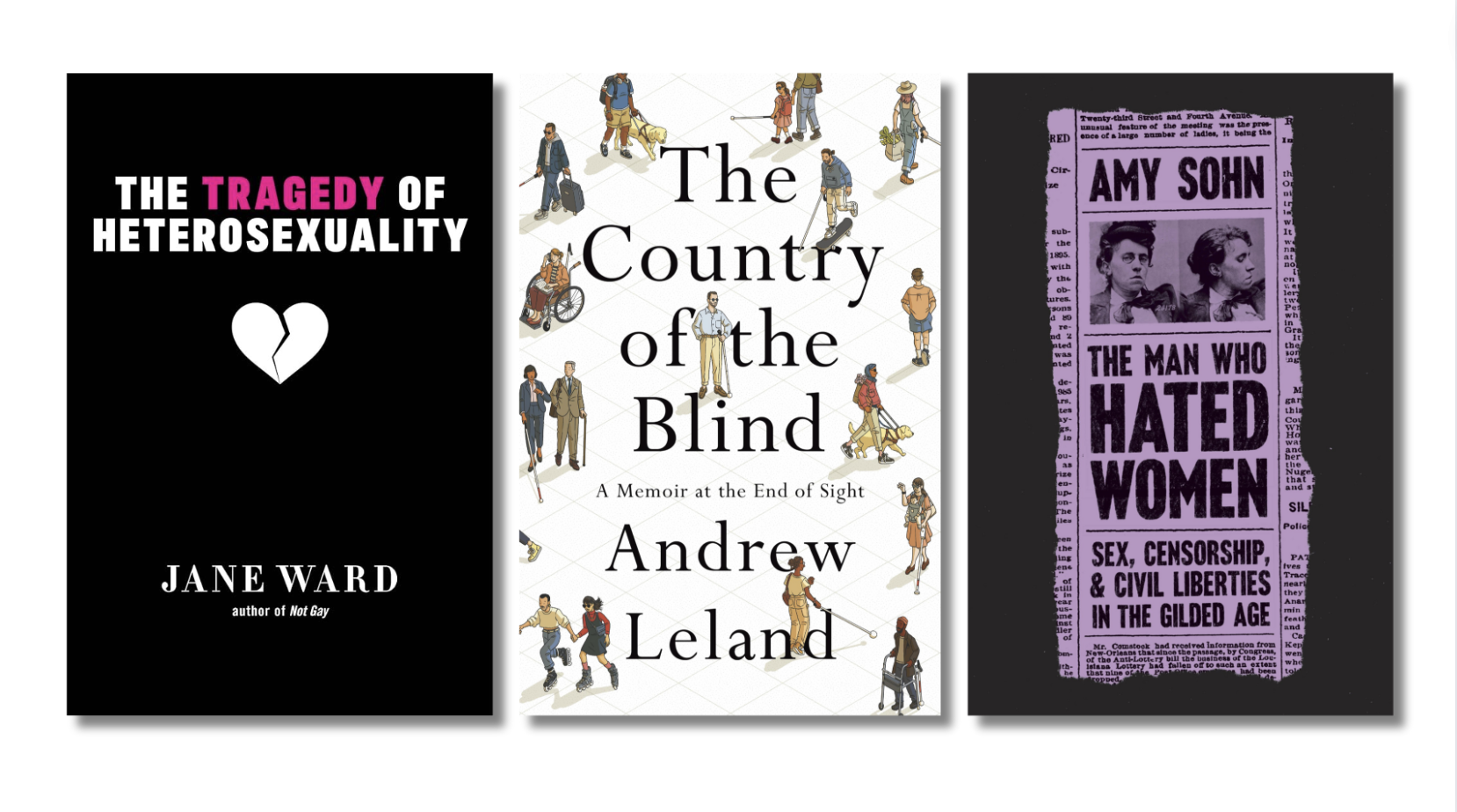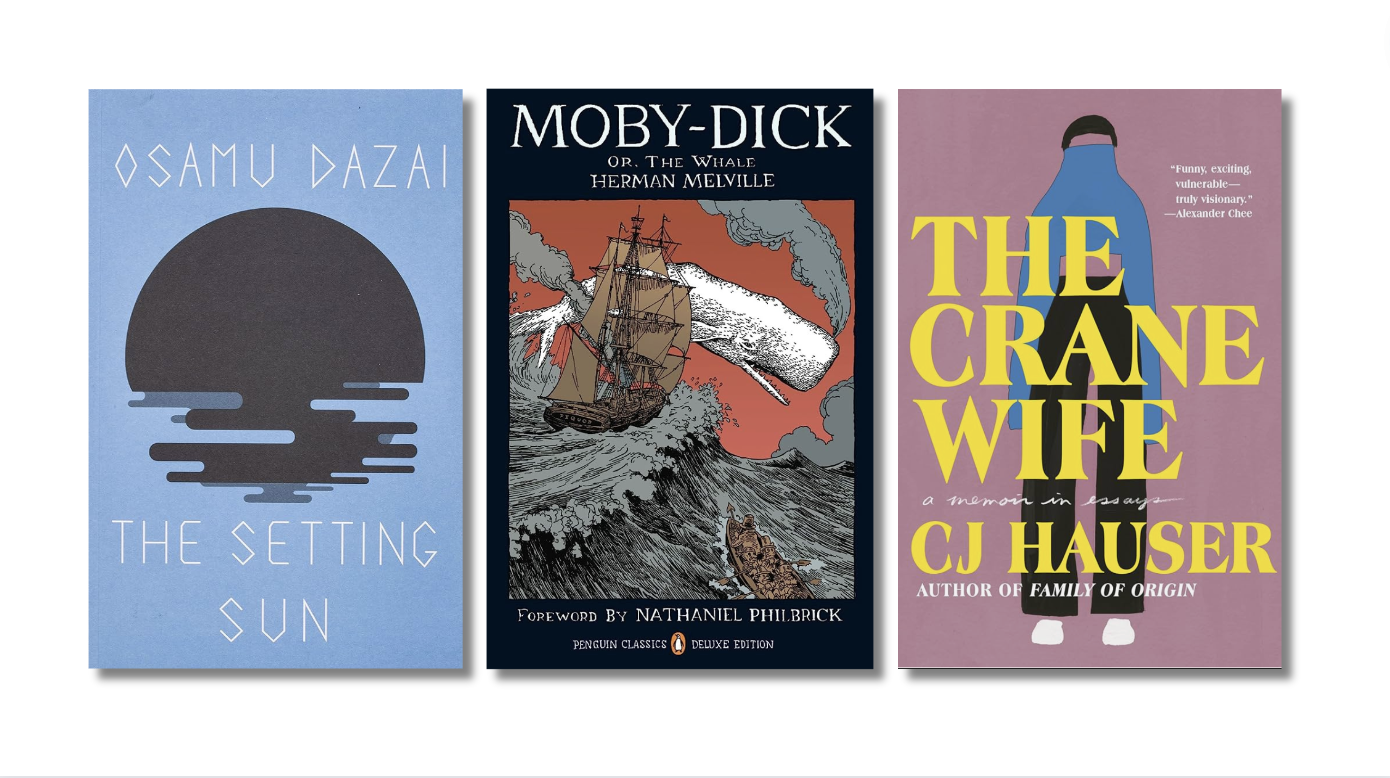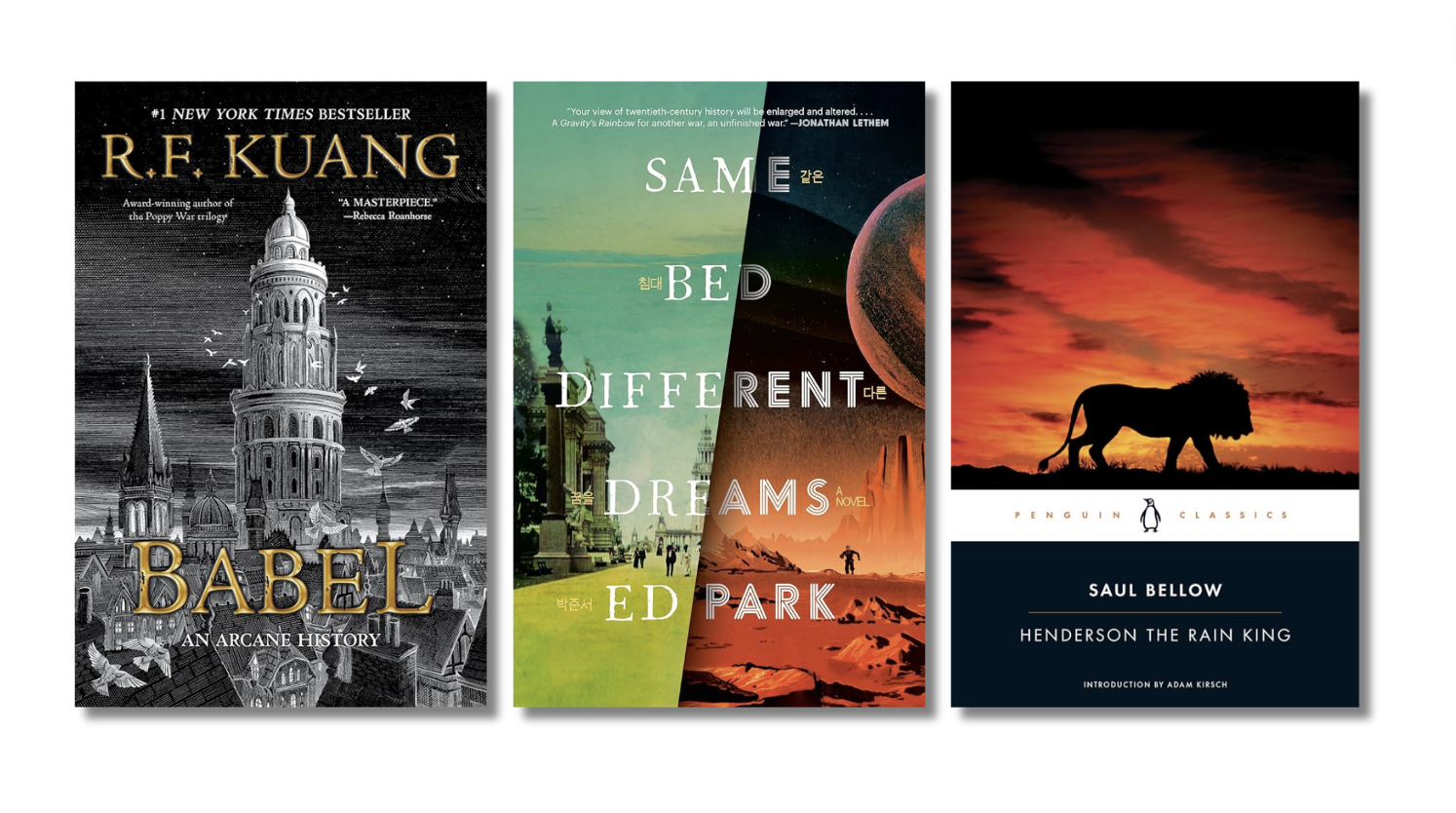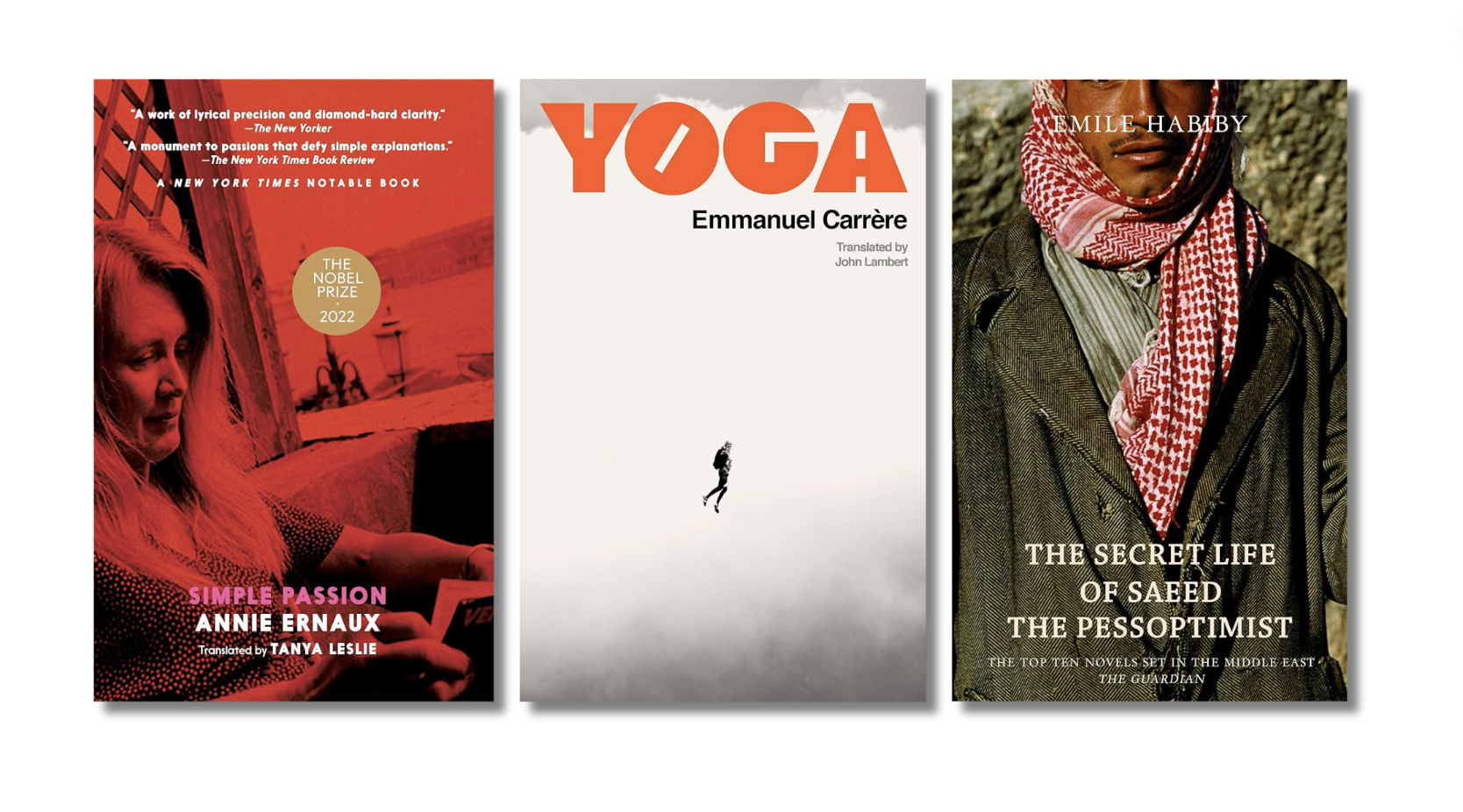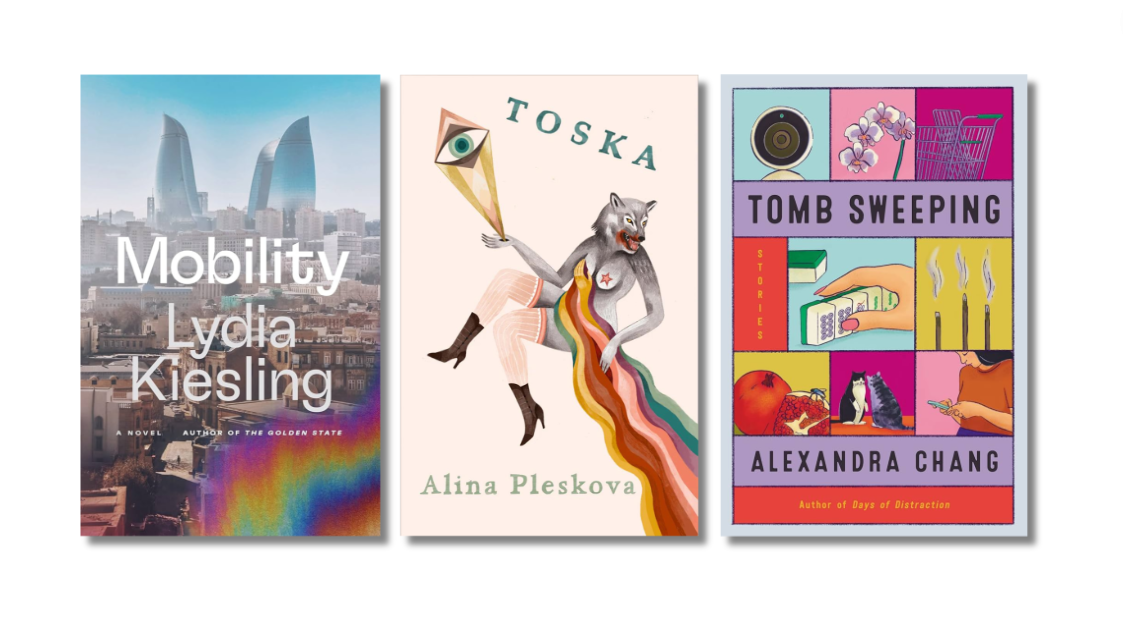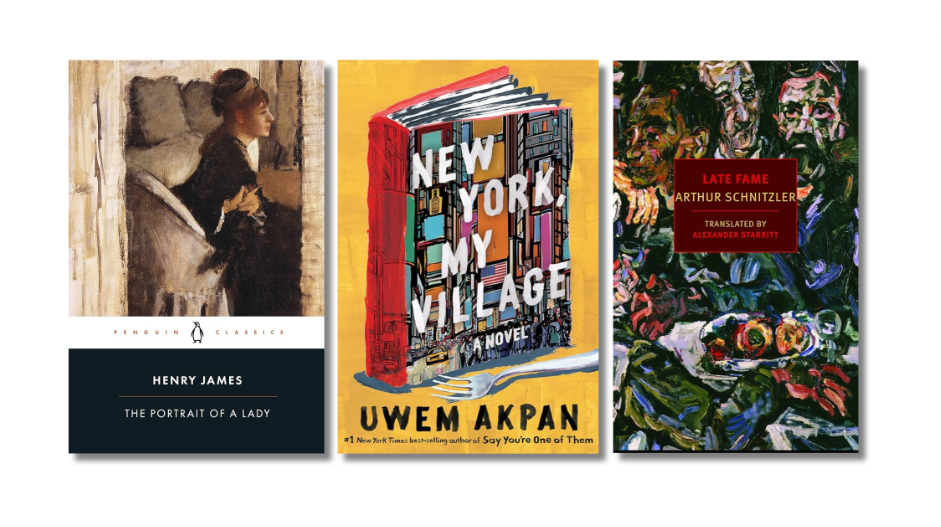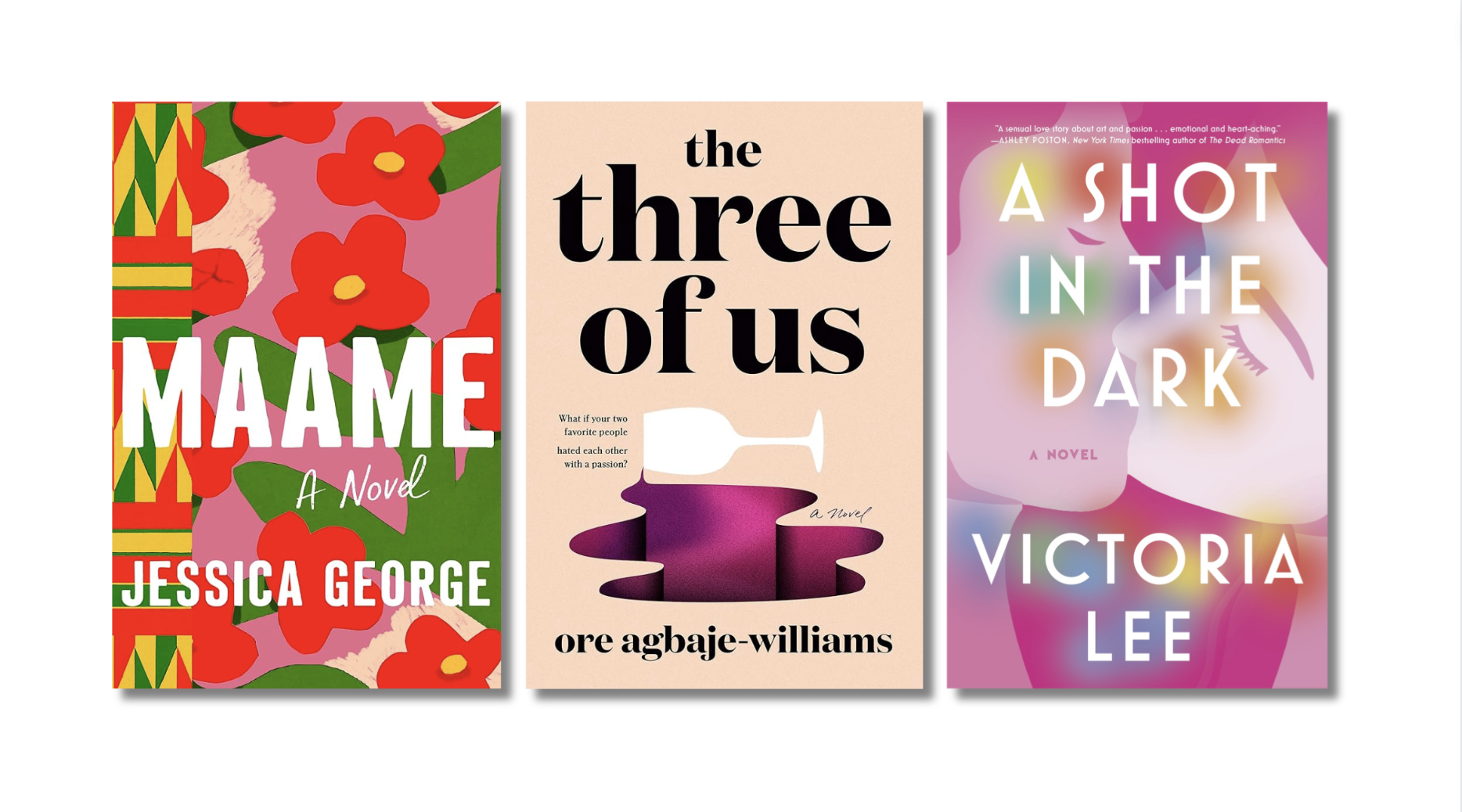 I began my year with Solmaz Sharif’s Customs. There is a line from the third poem in the collection, “Beauty,” that has popped in my head practically every day since I first read it: “A life is a thing you have to start.”
I began my year with Solmaz Sharif’s Customs. There is a line from the third poem in the collection, “Beauty,” that has popped in my head practically every day since I first read it: “A life is a thing you have to start.”
The month prior, I decided I had to review Customs because I simply could not wait until March to read it like everyone else. Like with all of my reviews, I spent hours and hours reading and thinking and writing; generous was what so many called me after taking in my 2000-word-or-so write-ups about their collections. At that point, I didn’t really want to review anymore because of the energy I was putting into them. But, Customs, my most anticipated book of 2022, gave so much back.
 “A life is a thing you have to start” pulsed as I took walks in my Berkeley neighborhood, thinking if I am outside long enough, I will feel less crazy. I began the year in crisis-mode, as I had been since the previous fall; an immense amount of things had happened to me, too overwhelming to be precise. I wasn’t taking care of myself, I was experiencing new chronic pains, breaking down regularly. I felt like I wasn’t living at all, so: a life is a thing you have to start. It was the first thought I had when I woke up, on repeat while I brushed my teeth, pulsed as I sent e-mails worded kinder than I felt, pulsed as I dealt with a rent board hearing, pulsed as I mourned lost relationships. I followed Customs with Mary Oliver’s Dream Work; I did not enjoy this collection as much as I had enjoyed reading the whole of Devotions, and so I revisited my favorites after; Oliver’s voice joined the pulse. From “Swan,”
“A life is a thing you have to start” pulsed as I took walks in my Berkeley neighborhood, thinking if I am outside long enough, I will feel less crazy. I began the year in crisis-mode, as I had been since the previous fall; an immense amount of things had happened to me, too overwhelming to be precise. I wasn’t taking care of myself, I was experiencing new chronic pains, breaking down regularly. I felt like I wasn’t living at all, so: a life is a thing you have to start. It was the first thought I had when I woke up, on repeat while I brushed my teeth, pulsed as I sent e-mails worded kinder than I felt, pulsed as I dealt with a rent board hearing, pulsed as I mourned lost relationships. I followed Customs with Mary Oliver’s Dream Work; I did not enjoy this collection as much as I had enjoyed reading the whole of Devotions, and so I revisited my favorites after; Oliver’s voice joined the pulse. From “Swan,”
And did you feel it, in your heart, how it
pertained to everything?
And have you finally figured out what
beauty is for?
And have you changed your life?
 I felt this most deeply when I was outside; I could almost pretend I wasn’t in crisis mode when I pet neighborhood cats, flocking to me like familiars. I tried to see a strangeness in the shapes of the clouds, magic in the curve of flower stems. I wanted to see the world the way Wendy Xu described in You Are Not Dead, a collection I read through three times this year. I always paused on the suite “We Are Both Sure to Die,” willing the line “But I feel like a person again.” to be prophecy. I wanted so badly to feel like a person again.
I felt this most deeply when I was outside; I could almost pretend I wasn’t in crisis mode when I pet neighborhood cats, flocking to me like familiars. I tried to see a strangeness in the shapes of the clouds, magic in the curve of flower stems. I wanted to see the world the way Wendy Xu described in You Are Not Dead, a collection I read through three times this year. I always paused on the suite “We Are Both Sure to Die,” willing the line “But I feel like a person again.” to be prophecy. I wanted so badly to feel like a person again.
My internal chorus became Oliver, Sharif, and Xu together—a question, a solution, and the goal.
I felt like a child this year. In April, I moved back in with my parents, to a city I had never lived before. There is a particular brand of loneliness that occurs when you move to an unwalkable, unfamiliar place during a global pandemic and you yourself cannot drive to explore. Like so many others, my relationship to reading began as a lonely and obsessive child. I wanted to fall into new worlds, I wanted company, I wanted to go without having to go, and I wanted to experience the things I loved over and over again. Each time I finished a series, I would always start back on book one, rinse, repeat. I read more this year than I ever have; part of it is just having more time, but I also owe it to my unofficial book club with my friend Samia Saliba. We read books by SWANA authors and record each one on a Google doc with the intention of sharing the list at the end of the year; she is very good at being adventurous, I am very good with keeping up with Twitter mutuals.



 I found so much company in poetry. Freshly moved, mourning an attempt at a different kind of life, I read Sanna Wani’s My Grief, the Sun. It felt like the friends I had just left. Creative, loving, and almost overwhelming in all of its different fascinations—formally eccentric but so successful in that too-much-ness. I followed it with Renia White’s Casual Conversation; although almost a formal opposite—consistent, simple and clean forms, radiating with a timelessness–it too felt like the companion I needed. I read my dear Noor Hindi’s debut Dear God. Dear Bones. Dear Yellow.; we were supposed to do an interview to help promote the book, but I was suffering from chronic pains and could barely think. She was so kind when I said dude I really cannot do this, and of course she was; that’s what friendship is for. I read Jess Rizkallah’s love poem zine If luv is a chemical so what as I put the finishing touches on my own zine full of Mitski-inspired poems. Jess is always an inspiration, always a person I am following after, and in this dual read-and-creating I felt like our coasts were not as far apart. I read Umang Kalra’s fig, a chapbook that is literally in conversation with me: poems dedicated to me, poems after me, our friendship’s DNA apparent as early on as the cover image. I cap this era with the translation of Forough Farrozkhad’s Let Us Believe in the Beginning of the Cold Season, a particular standout to my year. The poem, “I Will Greet the Sun Again,” drove me in a way similar to Oliver, to Sharif, to Xu:
I found so much company in poetry. Freshly moved, mourning an attempt at a different kind of life, I read Sanna Wani’s My Grief, the Sun. It felt like the friends I had just left. Creative, loving, and almost overwhelming in all of its different fascinations—formally eccentric but so successful in that too-much-ness. I followed it with Renia White’s Casual Conversation; although almost a formal opposite—consistent, simple and clean forms, radiating with a timelessness–it too felt like the companion I needed. I read my dear Noor Hindi’s debut Dear God. Dear Bones. Dear Yellow.; we were supposed to do an interview to help promote the book, but I was suffering from chronic pains and could barely think. She was so kind when I said dude I really cannot do this, and of course she was; that’s what friendship is for. I read Jess Rizkallah’s love poem zine If luv is a chemical so what as I put the finishing touches on my own zine full of Mitski-inspired poems. Jess is always an inspiration, always a person I am following after, and in this dual read-and-creating I felt like our coasts were not as far apart. I read Umang Kalra’s fig, a chapbook that is literally in conversation with me: poems dedicated to me, poems after me, our friendship’s DNA apparent as early on as the cover image. I cap this era with the translation of Forough Farrozkhad’s Let Us Believe in the Beginning of the Cold Season, a particular standout to my year. The poem, “I Will Greet the Sun Again,” drove me in a way similar to Oliver, to Sharif, to Xu:
I will come, I will come, I will come
with my glossy hair: rich with the scents of turned-up soil
with my eyes: experiences of thick darkness
with bushes I have picked from the grove on the other side of the wall
and the threshold will be filled with love
and on the threshold
I will greet those who love again
and the girl still standing there
on the love-filled threshold
I read the poem in the car on the way to Home Depot with my parents. I posted it to Twitter with the caption, “doesn’t this poem just make you want to live?” And it did; the mundanity, the simplicity, the desire: I will greet the sun again. I want to.






 Every year I say I will read more novels and do not. This year is different, and I know the reason! Despite my loneliness, I am not really alone. I have friends I talk to every day, conversations ranging from the casual and the commiserating. Samia is one of them, and her friendship (and our list) encourages me to read differently (literally anything besides poetry). On her recommendation, I read the undeniable best book of 2022, If an Egyptian Cannot Speak English by Noor Naga (there is no better marriage of form and content, there is no better investigation of gaze and audience) and immediately follow it with my least favorite read of the year, Sword in the Stars by Amy Rose Capetta and Cori McCarthy. I take a single BookTok recommendation and adore it, Girl, Serpent, Thorn by Melissa Bashardoust. I read Stardust Thief by Chelsea Abdullah and decide I will commit to this trilogy. I read Thirty Names of Night by Zeyn Joukhader, a required text for every Arab American. I read two books about girls who work in publishing and relate to them in different ways: Luster by Raven Leilani (girl who is unwell) and A Hundred Other Girls by Iman Hariri-Kia (girl who is Middle Eastern). I read these from May-June, then do not touch another novel for the rest of the year.
Every year I say I will read more novels and do not. This year is different, and I know the reason! Despite my loneliness, I am not really alone. I have friends I talk to every day, conversations ranging from the casual and the commiserating. Samia is one of them, and her friendship (and our list) encourages me to read differently (literally anything besides poetry). On her recommendation, I read the undeniable best book of 2022, If an Egyptian Cannot Speak English by Noor Naga (there is no better marriage of form and content, there is no better investigation of gaze and audience) and immediately follow it with my least favorite read of the year, Sword in the Stars by Amy Rose Capetta and Cori McCarthy. I take a single BookTok recommendation and adore it, Girl, Serpent, Thorn by Melissa Bashardoust. I read Stardust Thief by Chelsea Abdullah and decide I will commit to this trilogy. I read Thirty Names of Night by Zeyn Joukhader, a required text for every Arab American. I read two books about girls who work in publishing and relate to them in different ways: Luster by Raven Leilani (girl who is unwell) and A Hundred Other Girls by Iman Hariri-Kia (girl who is Middle Eastern). I read these from May-June, then do not touch another novel for the rest of the year.







 With August comes the Sealey challenge; all year I collected chapbooks in preparation. I started off so well, reading almost regimented: I was in between jobs and thus had a lot more time, so it went poetry collection in the morning and part of a nonfiction book for the rest of the day. It goes like this: Safia Elhillo’s Girls That Never Die, Hajjar Baban’s What I Know of the Mountains, another round of Umang Kalra’s fig, Lubna Safi’s Your Blue and the Quiet Lament, a reread of Danielle Badra’s Like We Still Speak, Ocean Vuong’s Time is a Mother, Arda Collins’s Star Lake, Kyle Carrero-Lopez’s Muscle Memory and Mohja Kahf’s E-mails from Scheherazad alongside Emily Ratajowski’s My Body.
With August comes the Sealey challenge; all year I collected chapbooks in preparation. I started off so well, reading almost regimented: I was in between jobs and thus had a lot more time, so it went poetry collection in the morning and part of a nonfiction book for the rest of the day. It goes like this: Safia Elhillo’s Girls That Never Die, Hajjar Baban’s What I Know of the Mountains, another round of Umang Kalra’s fig, Lubna Safi’s Your Blue and the Quiet Lament, a reread of Danielle Badra’s Like We Still Speak, Ocean Vuong’s Time is a Mother, Arda Collins’s Star Lake, Kyle Carrero-Lopez’s Muscle Memory and Mohja Kahf’s E-mails from Scheherazad alongside Emily Ratajowski’s My Body.

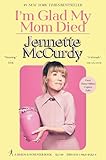

 My second re-read of Wendy Xu’s You Are Not Dead, Mariam Gomaa’s Between the Shadow & Soul, Ladan Osman’s Kitchen-Dweller’s Testimony, and a re-read of Lip Manegio’s We’ve All Seen Helena are all bracketed by Jenette McCurdy’s I’m Glad My Mom Died. Claire Schwartz’s Civil Service, Qutouf Yahia’s my poets don’t die, and Jeremy Teddy Karn’s Miryam Magdalit mark the end of my Sealey run, with an unfinished read of Elissa Washuta’s White Magic (I love it, will finish it one day). It was not starting a new job that derailed the challenge, but instead, a new fixation that carried the rest of my year.
My second re-read of Wendy Xu’s You Are Not Dead, Mariam Gomaa’s Between the Shadow & Soul, Ladan Osman’s Kitchen-Dweller’s Testimony, and a re-read of Lip Manegio’s We’ve All Seen Helena are all bracketed by Jenette McCurdy’s I’m Glad My Mom Died. Claire Schwartz’s Civil Service, Qutouf Yahia’s my poets don’t die, and Jeremy Teddy Karn’s Miryam Magdalit mark the end of my Sealey run, with an unfinished read of Elissa Washuta’s White Magic (I love it, will finish it one day). It was not starting a new job that derailed the challenge, but instead, a new fixation that carried the rest of my year.
 If the line from Customs felt like a heartbeat, Haikyuu was water, air, and food—one alerting me I was alive, the other sustaining. In a frenzy, I read all 45 volumes of the volleyball manga in a week. Then, I started from the beginning and read it again. And again. I am child again, obsessively cycling through my favorite series over and over. I feel impossibly overwhelmed trying to summarize how attached I’ve grown to Haikyuu; I come to it because people I love love it, and now it feels part of me. It is perfect storytelling, perfect character work, and there are an abundance of brain rewiring care philosophies. In the last quarter of a year in which I’d been re-learning how to care for myself, Haikyuu came at a perfect time.
If the line from Customs felt like a heartbeat, Haikyuu was water, air, and food—one alerting me I was alive, the other sustaining. In a frenzy, I read all 45 volumes of the volleyball manga in a week. Then, I started from the beginning and read it again. And again. I am child again, obsessively cycling through my favorite series over and over. I feel impossibly overwhelmed trying to summarize how attached I’ve grown to Haikyuu; I come to it because people I love love it, and now it feels part of me. It is perfect storytelling, perfect character work, and there are an abundance of brain rewiring care philosophies. In the last quarter of a year in which I’d been re-learning how to care for myself, Haikyuu came at a perfect time.
 After my first read-through of Haikyuu, I return to You Are Not Dead; I had purchased it for a friend for their birthday and wanted to read along. I joined it with Please make me pretty, I don’t want to die by Tawanda Mulalu and How Do I Look? by Sennah Yee. They made a perfect trio as I reflected on how much I’d repaired myself. Their words did not feel like lifeline, despite how strongly I resonated with their writing on a craft and emotional level–instead, they felt like understanding, like peers. I wanted to write again.
After my first read-through of Haikyuu, I return to You Are Not Dead; I had purchased it for a friend for their birthday and wanted to read along. I joined it with Please make me pretty, I don’t want to die by Tawanda Mulalu and How Do I Look? by Sennah Yee. They made a perfect trio as I reflected on how much I’d repaired myself. Their words did not feel like lifeline, despite how strongly I resonated with their writing on a craft and emotional level–instead, they felt like understanding, like peers. I wanted to write again.



 I decided I needed to spend time with Wendy Xu’s other works. I read Phrasis, then The Past. Simplicity was a big theme in the things I’d loved this year, but Xu’s works join Aditi Machado’s Emporium and Athena Farokzhad’s White Blight, both recommended by a friend, all more experimental than my year thus far; I think Haikyuu primed me for this challenge, as a series that says do the fun thing, not the easy one. I felt more like myself again, with poetry as a puzzle that demanded attention and time; you sit with works not out of the obsessive desire for companionship, but because the poem wants to be re-read and found new again and again.
I decided I needed to spend time with Wendy Xu’s other works. I read Phrasis, then The Past. Simplicity was a big theme in the things I’d loved this year, but Xu’s works join Aditi Machado’s Emporium and Athena Farokzhad’s White Blight, both recommended by a friend, all more experimental than my year thus far; I think Haikyuu primed me for this challenge, as a series that says do the fun thing, not the easy one. I felt more like myself again, with poetry as a puzzle that demanded attention and time; you sit with works not out of the obsessive desire for companionship, but because the poem wants to be re-read and found new again and again.
 All of this reading had made me braver; I was taking better care of myself, with daily walks and better sleep cycles, but it made me antsy too; I missed the Bay Area, and so after months away, I visited old friends. On the trip, I bought an obscene amount of graphic novels. I read Malaka Gharib’s It Won’t Always Be Like This, a title I had specifically wanted to get from a store instead of ordering online; Dead End Jobs for Ghosts by Aminder Dhaliwal, appealing because I love ghosts and rewarding because I am always thinking about what it means to work; Death Bloom by Yasmeen Abedifard, gorgeous beyond the limits of my visual understanding;
All of this reading had made me braver; I was taking better care of myself, with daily walks and better sleep cycles, but it made me antsy too; I missed the Bay Area, and so after months away, I visited old friends. On the trip, I bought an obscene amount of graphic novels. I read Malaka Gharib’s It Won’t Always Be Like This, a title I had specifically wanted to get from a store instead of ordering online; Dead End Jobs for Ghosts by Aminder Dhaliwal, appealing because I love ghosts and rewarding because I am always thinking about what it means to work; Death Bloom by Yasmeen Abedifard, gorgeous beyond the limits of my visual understanding;
There is still a stack on my bookshelf, waiting.
